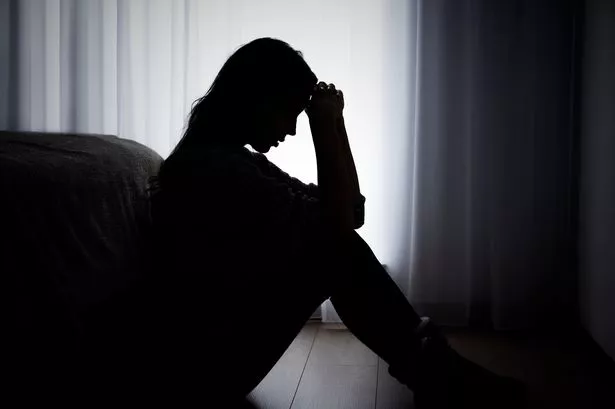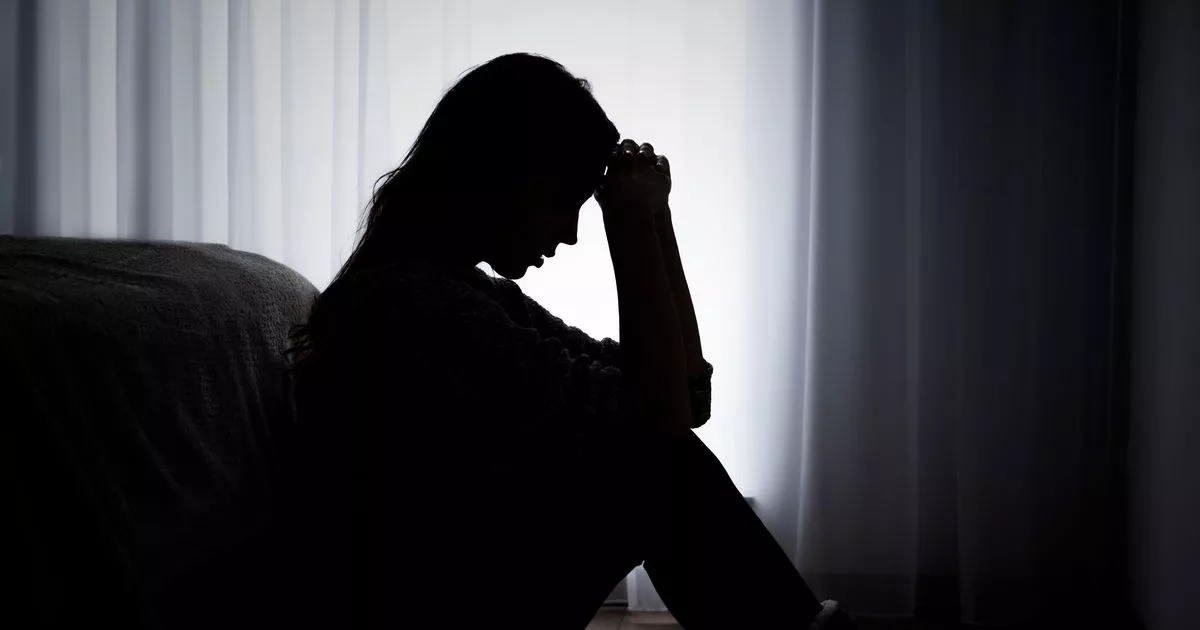Dr Chun Tang says there are simple solutions that will help you feel better
Neil Shaw Assistant Editor
09:31, 13 Nov 2025Updated 10:12, 13 Nov 2025
 A woman suffering with depression
A woman suffering with depression
A doctor has explained why you might have been feeling depressed and suffering from brain fog for the last two weeks. Dr Chun Tang, a GP from Pall Mall Medical, said the sudden loss of daylight when the clocks change in autumn can badly disrupt your body’s natural rhythm.
Dr Tang said: “When the clocks change, your circadian rhythm, basically your body’s internal timekeeper, gets thrown off. Even a one-hour shift can be enough to leave you feeling tired, cranky, and a little out of sorts.
“Less sunlight in the afternoon means your brain’s getting a double whammy, with your serotonin levels (also known as the happy hormone) dipping, and your sleep hormone, melatonin, ramping up earlier than usual. That’s why many of us are craving carbs, skipping gym sessions, and curling up on the sofa for hibernation season.”
The expert said reduced daylight doesn’t just affect energy levels; it can actually trigger or worsen seasonal affective disorder (SAD). “We often see an uptick in people feeling down or lethargic in the weeks after the clocks go back,” he added.
A Danish study found an 11% rise in depression cases in the 10 weeks after the time switch.
There are ways to beat the effect, according to Dr Tang. “Stick to a regular bedtime, even at weekends, grab as much morning sunlight as you can, and get moving,” he said. A brisk walk or exercise can improve your mood.
Dr Tang says light therapy lamps can help mimic the sunshine your body’s missing. “It’s a simple fix that can make a big difference for people struggling with SAD,” he said, adding, “next time you’re feeling sluggish after sunset, don’t be too hard on yourself, there are reasons for it, and fortunately, solutions.”
Anyone concerned they may be experiencing more than a seasonal impact, should contact a GP.

